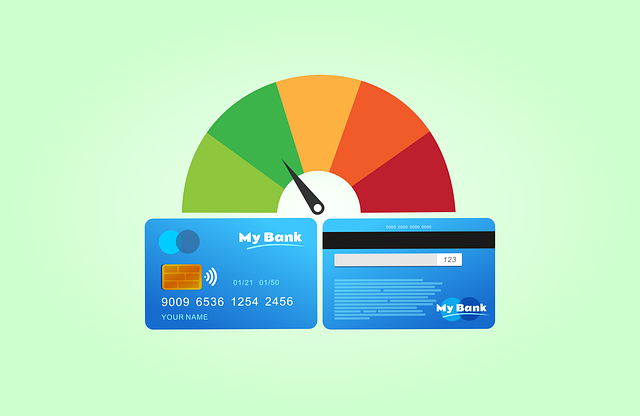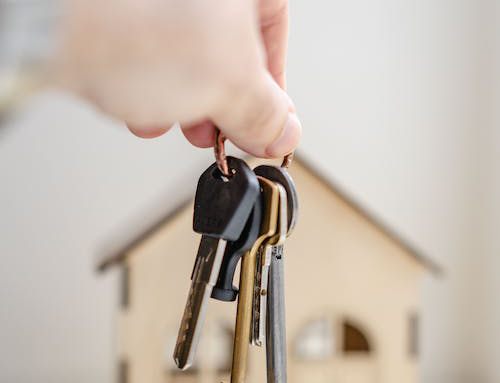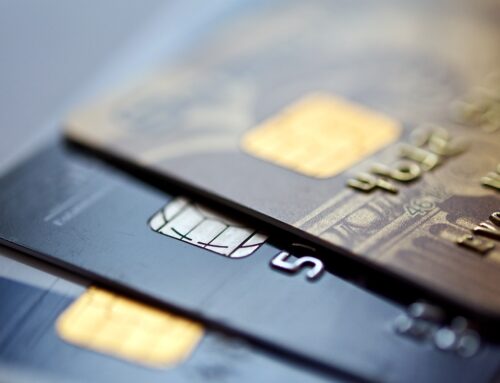Are you tired of being denied credit or paying high-interest rates? Your credit score plays a significant role in determining your financial well-being. A poor credit score can prevent you from achieving financial goals, such as buying a home or starting a business. If you’re in a situation where you need to improve your credit score, don’t worry! In this article, we will provide you with a step-by-step guide to DIY credit repair.
Introduction
Credit repair can be a long and challenging process, but it’s worth the effort. It’s essential to take control of your finances and improve your credit score. DIY credit repair is an option for those who are willing to put in the time and effort to fix their credit score themselves. This article will provide you with the necessary steps to get started on your DIY credit repair journey.
Understanding Your Credit Score
Before you start working on repairing your credit score, it’s essential to understand what your credit score is and how it’s calculated. Your credit score is a three-digit number that ranges from 300 to 850. This number reflects your creditworthiness and how likely you are to pay back your debts.
Your credit score is calculated based on several factors, including your payment history, credit utilization, length of credit history, types of credit accounts, and new credit applications. Understanding these factors will help you determine which areas you need to work on to improve your credit score.
Get Your Credit Report
The first step in DIY credit repair is to get a copy of your credit report. You are entitled to one free credit report per year from each of the three major credit bureaus: Equifax, Experian, and TransUnion. You can get a copy of your credit report from AnnualCreditReport.com.
Reviewing your credit report will help you understand the factors affecting your credit score. It will also help you identify any errors or inaccuracies that may be affecting your credit score.
Review Your Credit Report
Once you have your credit report, review it carefully. Look for any errors, such as incorrect personal information, accounts that don’t belong to you, or accounts that are reported incorrectly. Make a note of any errors you find.
Dispute Errors on Your Credit Report
If you find errors on your credit report, you need to dispute them. You can dispute errors on your credit report by contacting the credit bureaus directly. Send a letter explaining the error and providing any supporting documentation. The credit bureaus have 30 days to investigate your dispute and make any necessary corrections.
Avoid New Credit Applications
Avoid applying for new credit while you’re working on DIY credit repair. Each time you apply for credit, it can have a negative impact on your credit score. It’s essential to focus on paying off your debts and improving your credit score before applying for new credit.
Build a Good Payment History
Your payment history is one of the most critical factors affecting your credit score. Make sure to make your payments on time and in full. Late or missed payments can have a negative impact on your credit score. If you’re struggling to make payments, consider setting up automatic payments or contacting your creditors to work out a payment plan.
Monitor Your Credit Score
Monitor your credit score regularly to track your progress. There are several free tools available that allow you to monitor your credit score, such as Credit Karma or Mint. By monitoring your credit score, you can see the impact of your efforts and identify any areas that still need improvement.
Be Patient and Persistent
DIY credit repair is not a quick fix. It can take several months or even years to see significant improvements in your credit score. It’s essential to be patient and persistent in your efforts. Keep working on paying off your debts, disputing errors on your credit report, and building a good payment history.
Conclusion
DIY credit repair is a challenging but rewarding process. By taking control of your finances and working to improve your credit score, you can achieve your financial goals and live a more secure life. Follow the steps outlined in this article, and don’t hesitate to seek help from a credit counselor or financial advisor if needed.
FAQs
- How long does it take to repair credit?
It can take several months or even years to repair your credit, depending on your situation. It’s essential to be patient and persistent in your efforts.
- How often should I check my credit report?
You should check your credit report at least once a year. You can get a free credit report from each of the three major credit bureaus once a year.
- Can I repair my credit on my own?
Yes, you can repair your credit on your own. DIY credit repair takes time and effort, but it’s a rewarding process.
- What is a good credit score?
A good credit score is typically considered to be 670 or higher. However, the specific range varies depending on the credit bureau and the type of credit you’re applying for.
- Will paying off debts improve my credit score?
Yes, paying off debts can improve your credit score. It shows lenders that you’re responsible and can manage your finances well.
Feeling overwhelmed and don’t know where to start when it comes to fixing your credit?
Masters Credit is here to help. We’ll work with you one-on-one to get your credit back on track and rebuild your credit history. You’re not alone – we’re here to support you every step of the way.
When it comes to your credit, we want you to have the best possible experience. That’s why we’ll do everything we can to make the process easy for you and keep you informed every step of the way. We want you to feel confident that you’re in good hands with Masters Credit.
Call us today at 1-844-620-8796! We’re here to help.
[wpi_designer_button slide_id=6350]
Note: The information on this website is for general purposes only and does not constitute financial or legal advice.







Leave A Comment